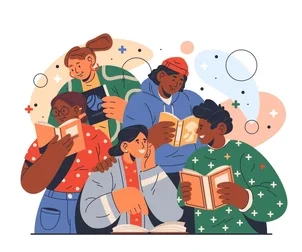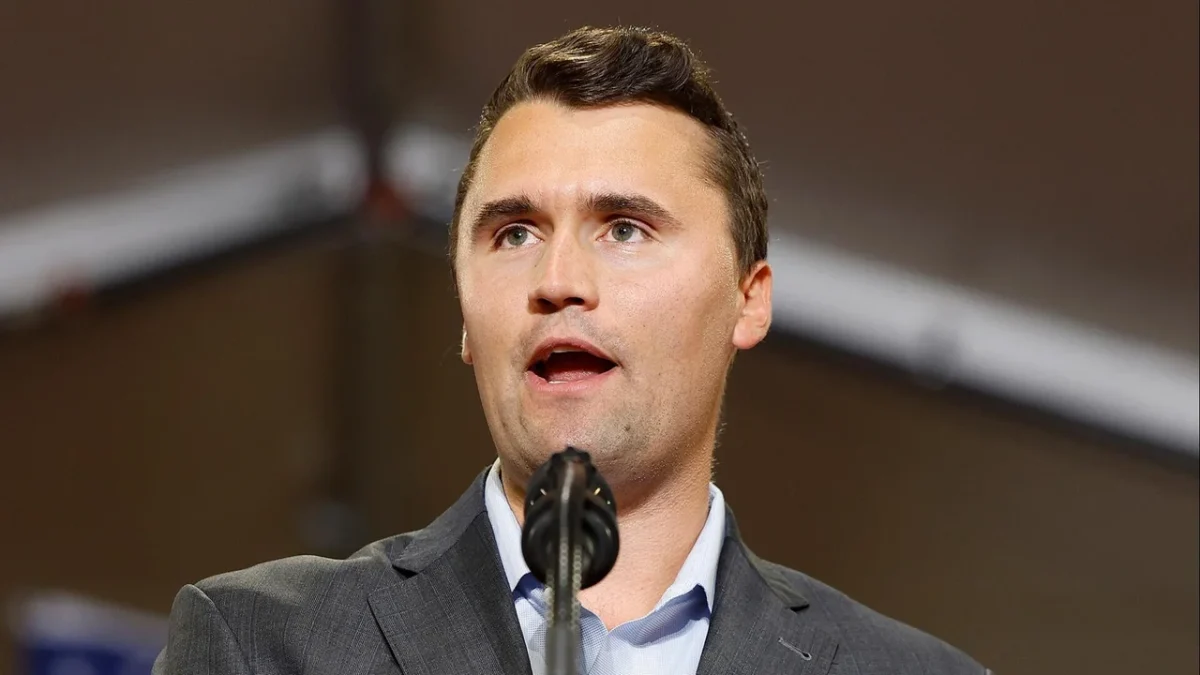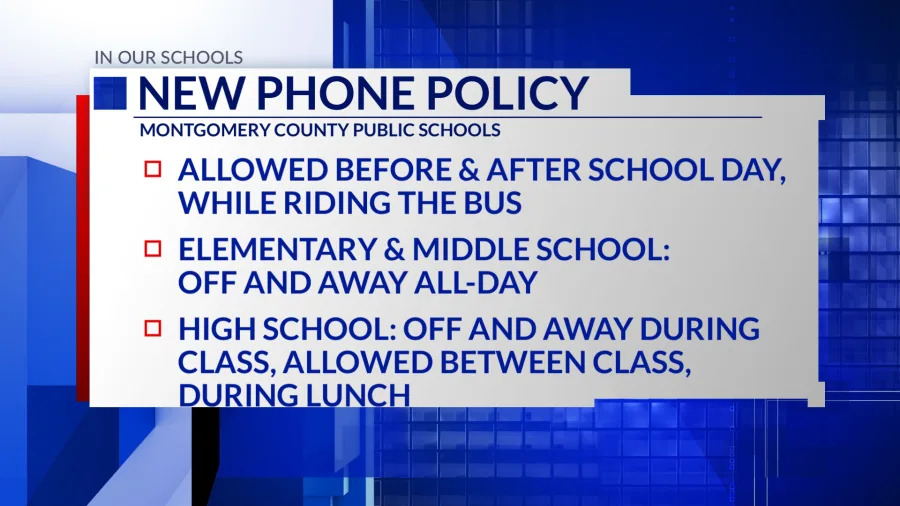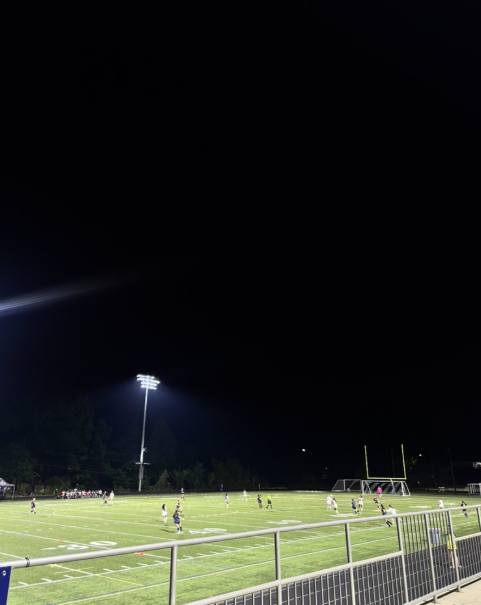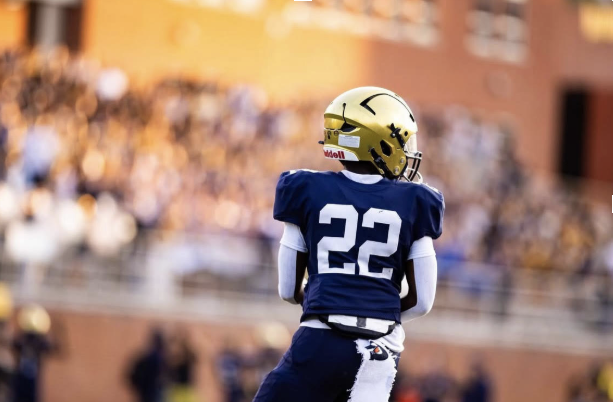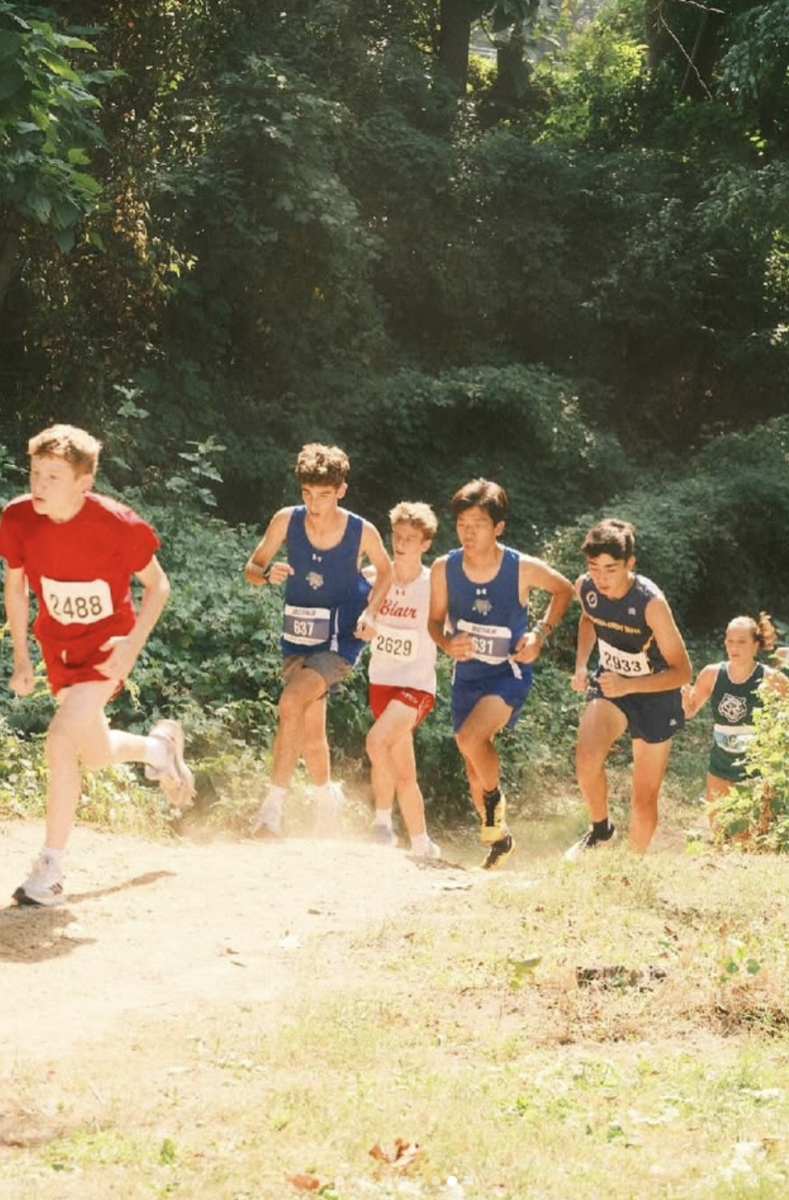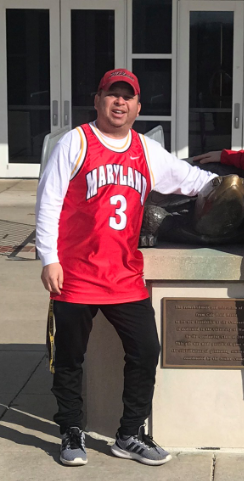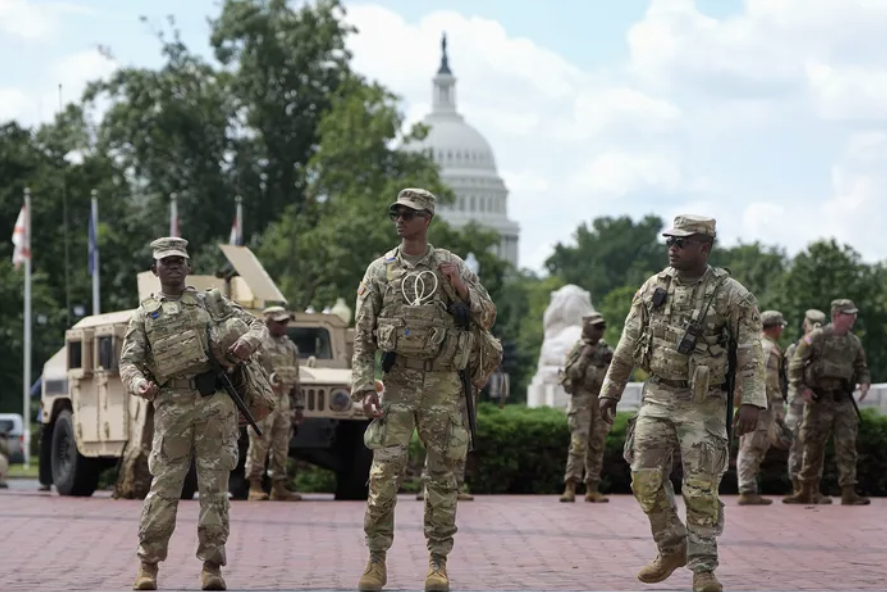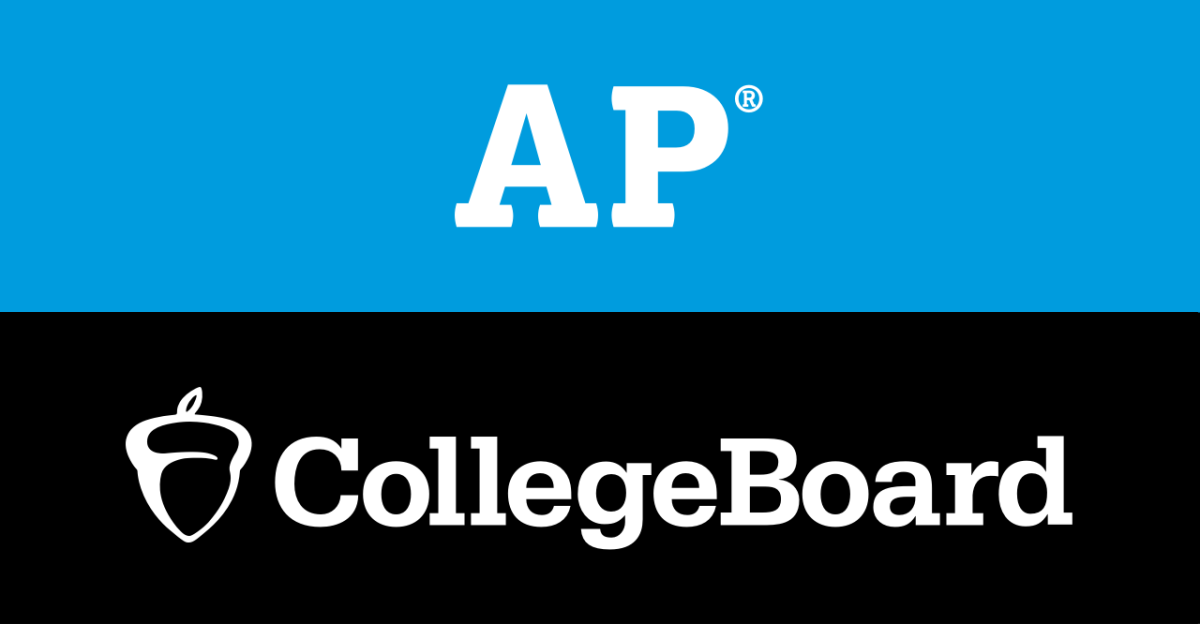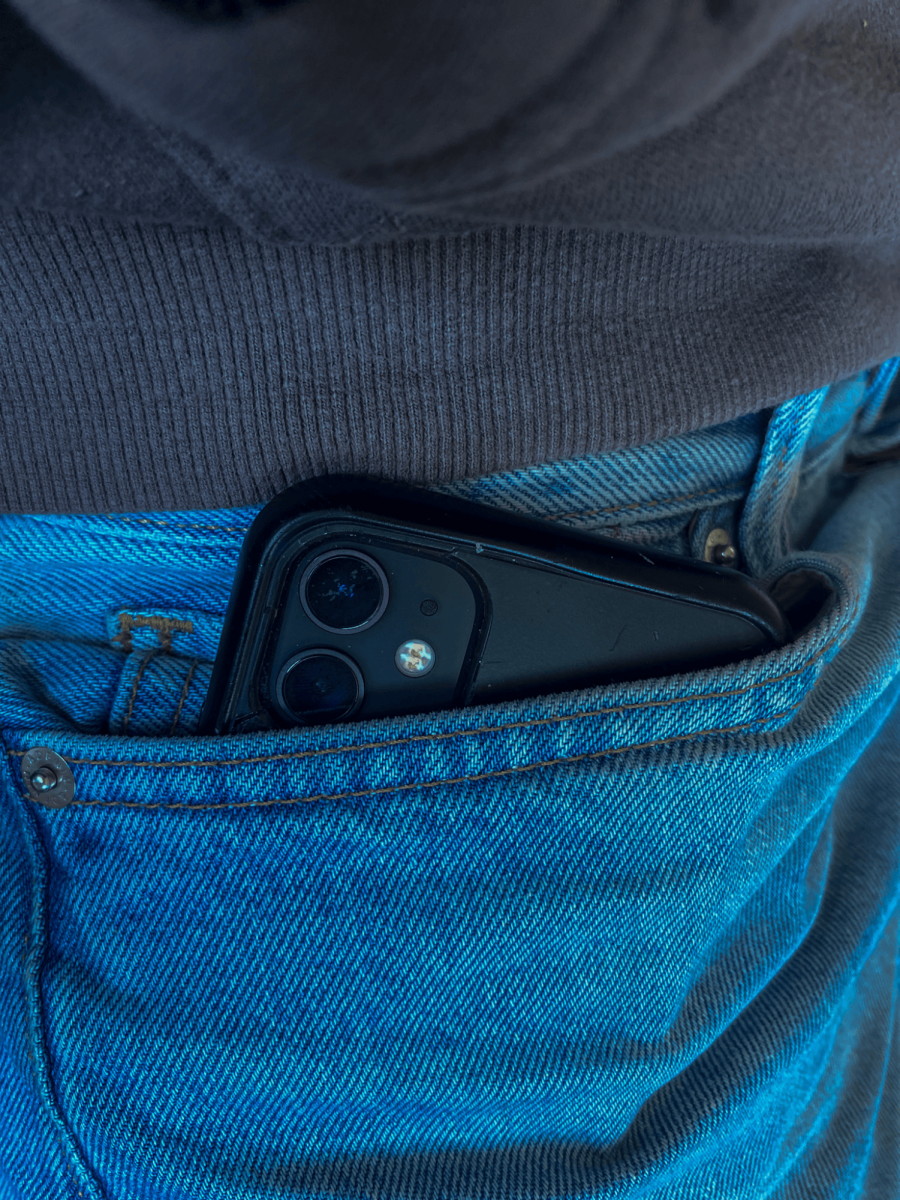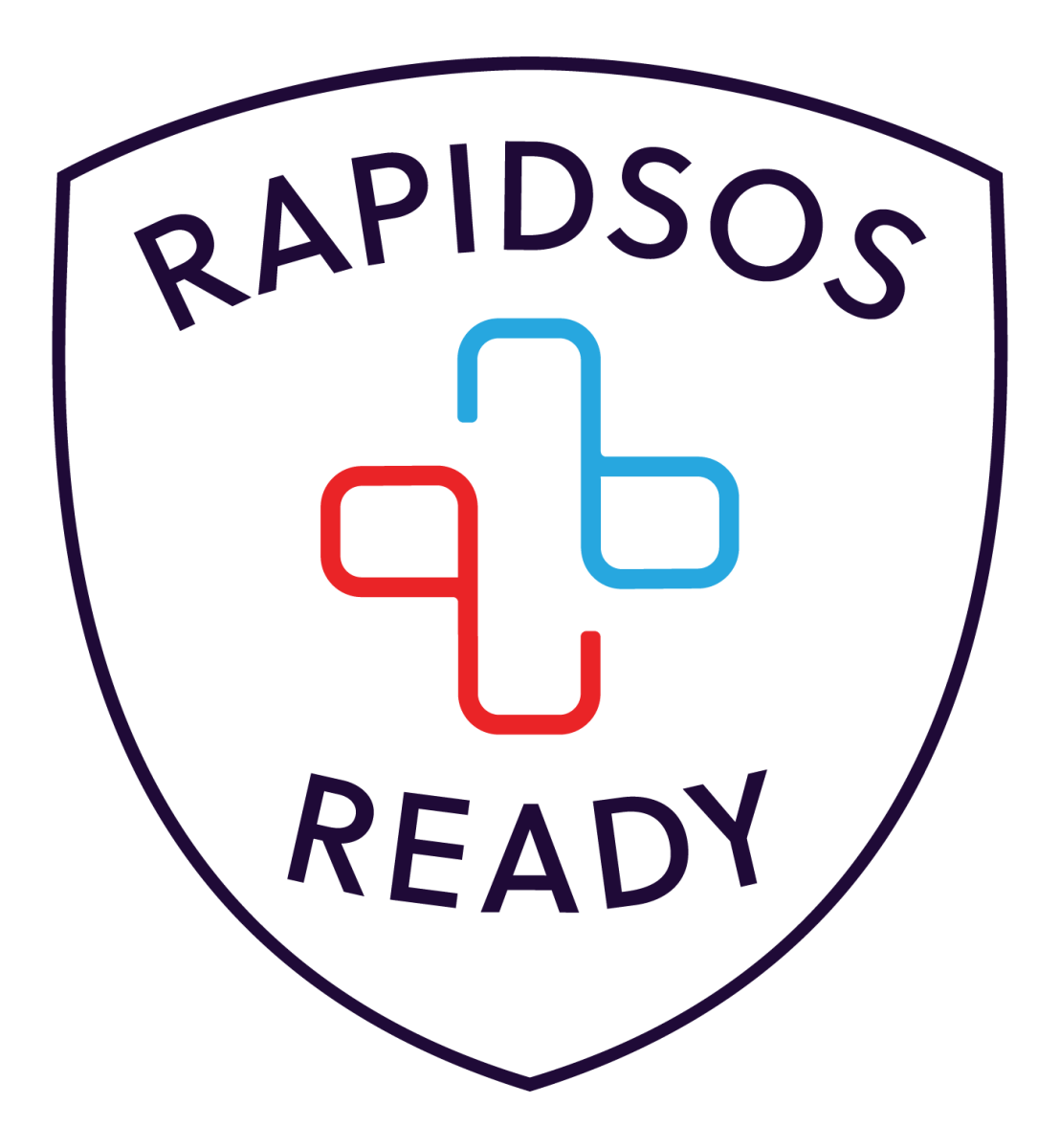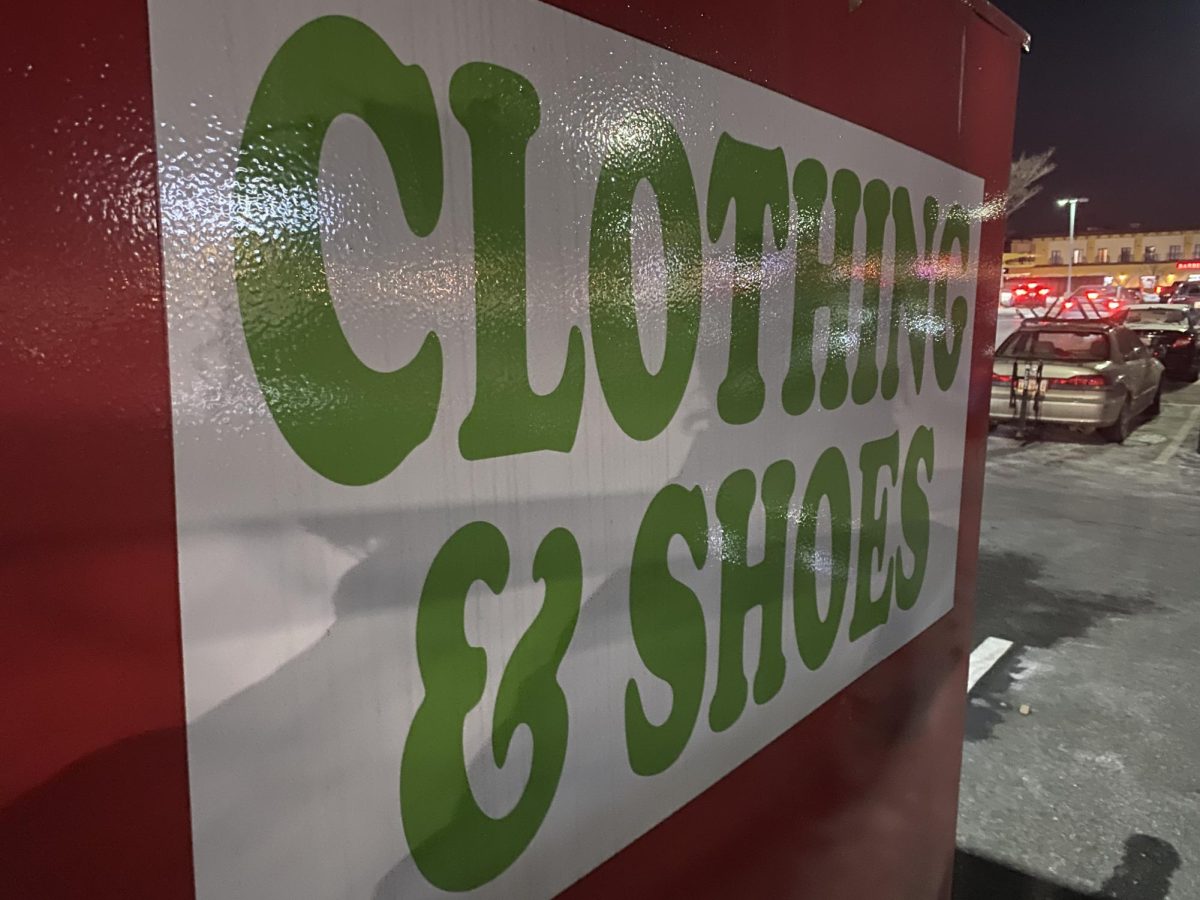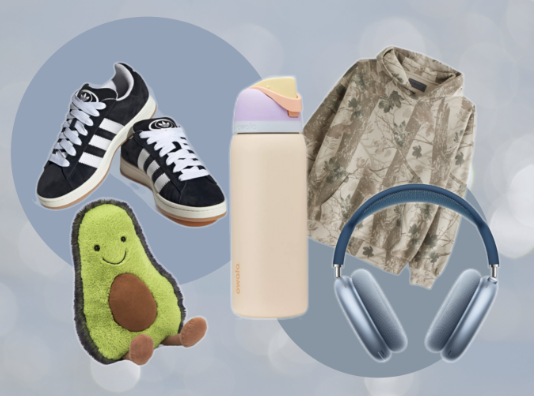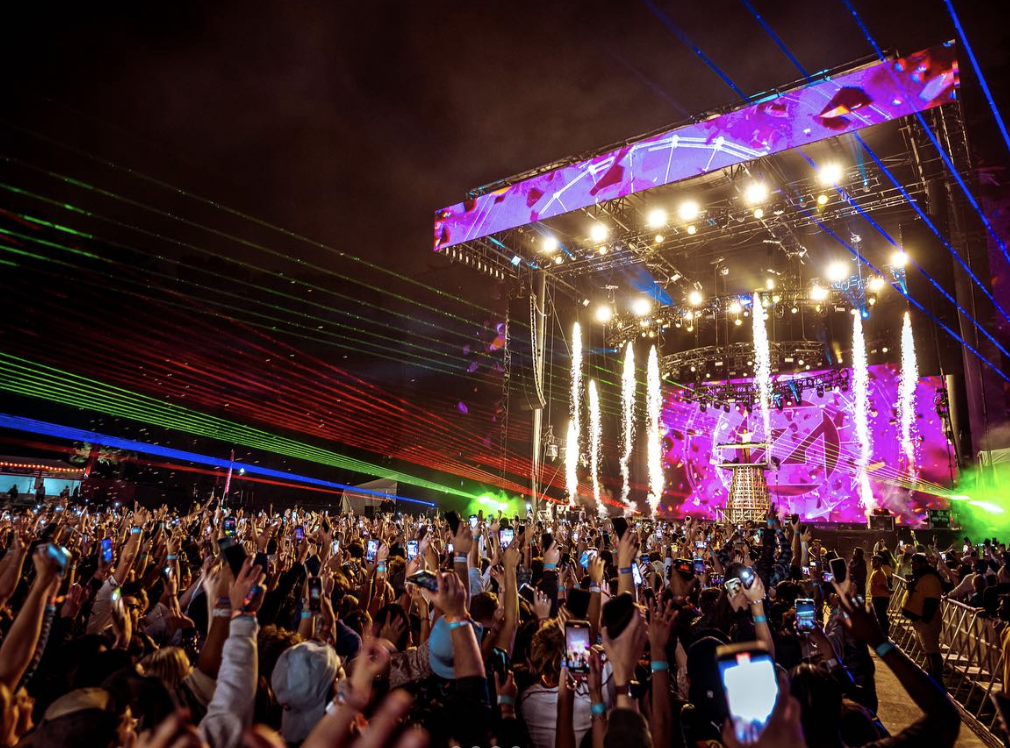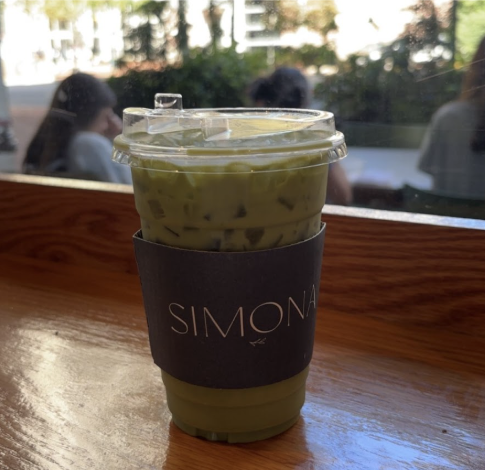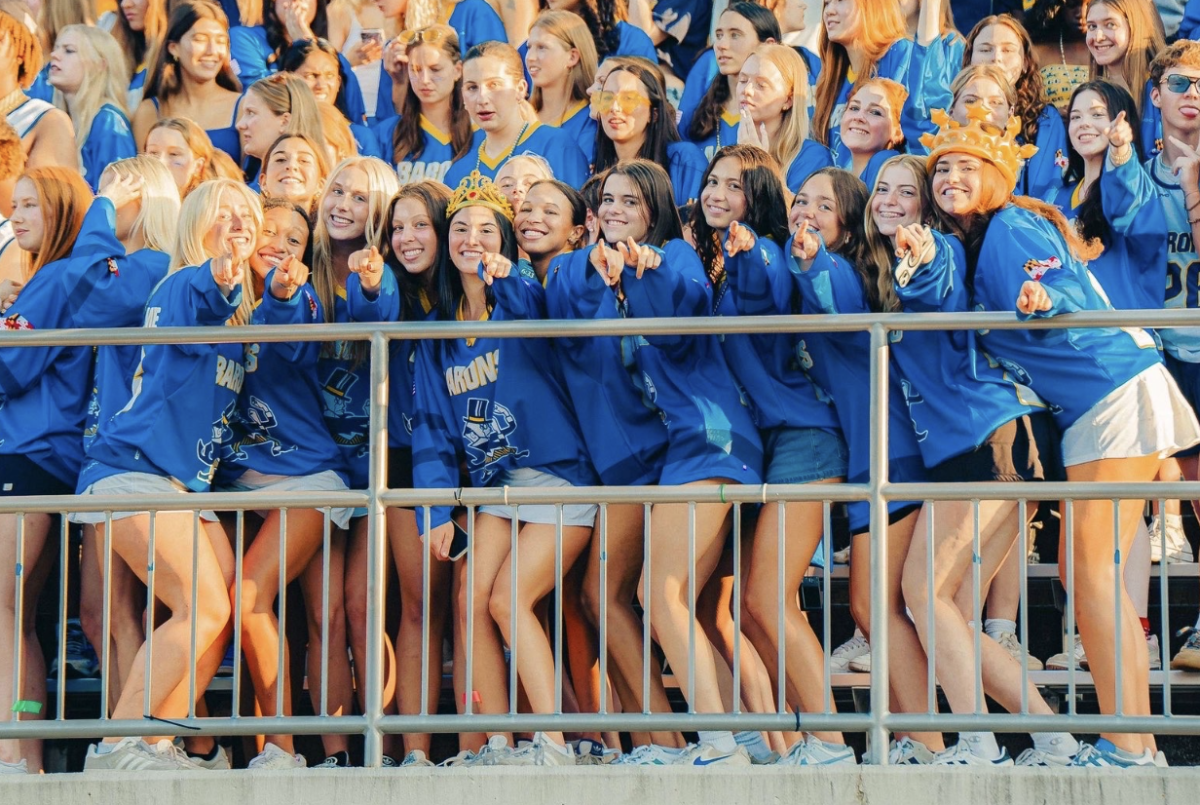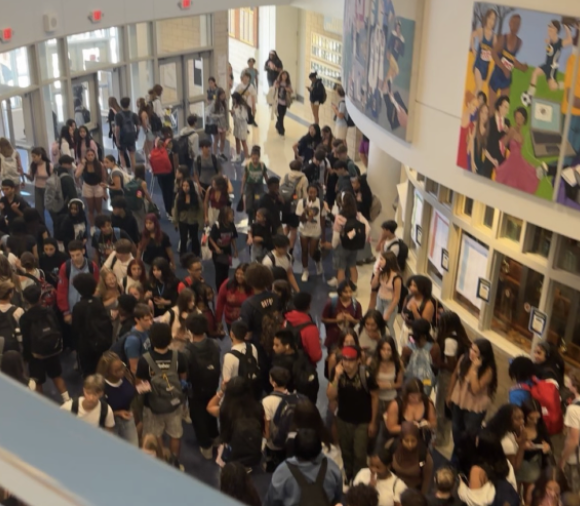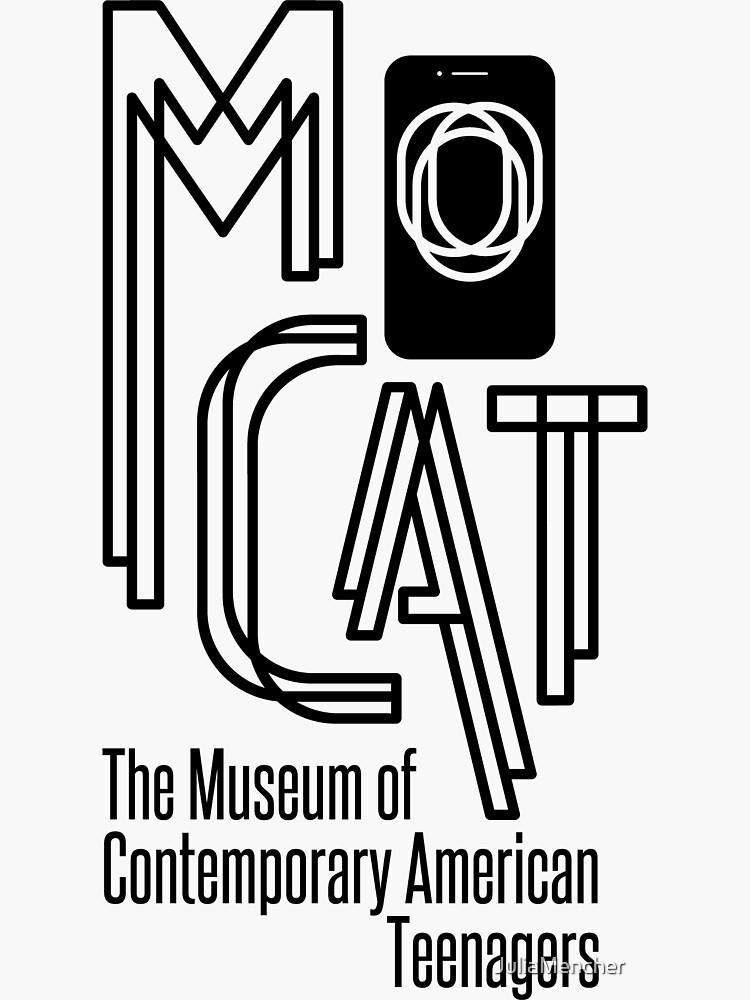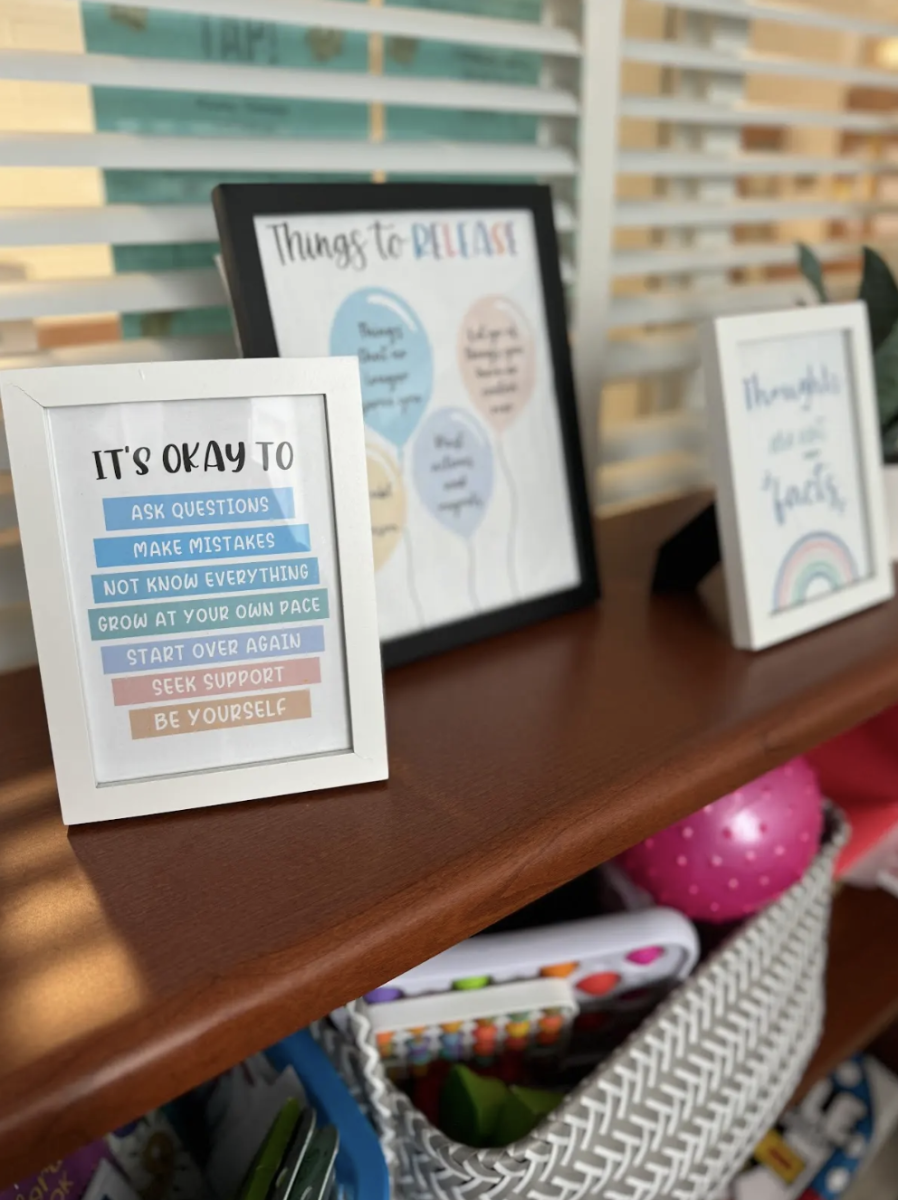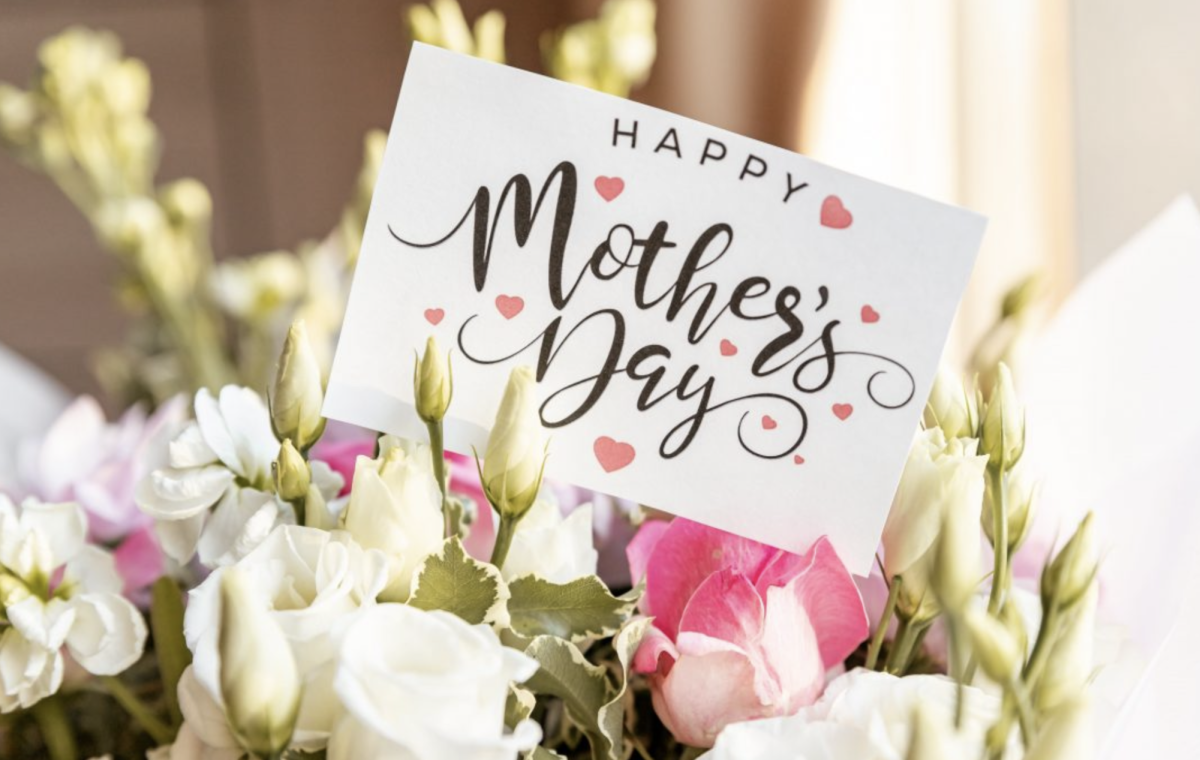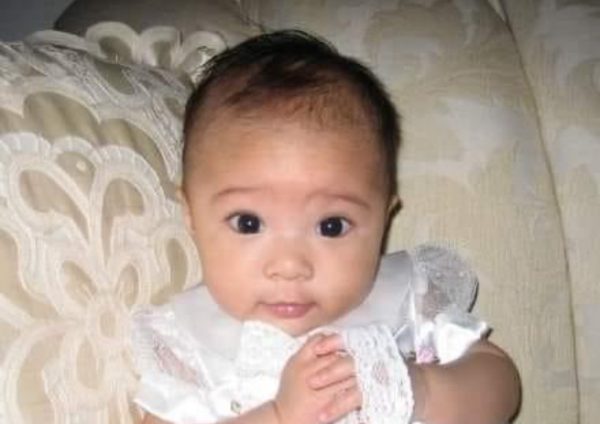Just weeks into the school year, two school shootings have affected the nation—one at Apalachee High School in Winder, Georgia on September 4 and one at Joppatowne High School in Joppa, Maryland on September 6. In the wake of these two tragedies within just two days of each other, and with B-CC experiencing a lockdown of its own this past May, high importance has been placed on spotlighting the resources available to students after times of trauma and crisis. Julia Swissman, B-CC’s School Social Worker for two years, is one such resource.
“I support students with social and emotional well-being,” Swissman explained. “Generally, students are referred [to me] by their counselors or administrators. They just kind of notice maybe some challenges going on—it could be attendance, it could be grades, it could be peers. Most kids I usually meet with on a weekly basis. I do an attendance group with the counselors, I do an open lunch bunch that anyone can come to with Ms. Heald, and I’m going to start a mindfulness group soon!”
The walls of her office on the second floor just past the East-West Highway entrance are adorned with messages of emotional affirmation and posters of color-your-own mandalas that hang adjacent to a shelf full of art supplies and every type of fidget and sensory toy one could imagine. Swissman hopes these decorations and amenities contribute to a comfortable environment—a safe space for students to come, “if they just need a little extra support [or] just someone to talk to.”
“I always say, I’m the step above the counselors and like, before a therapist. Counselors are really focused on the academic piece—they do some social/emotional well-being, but you know, they have 300 kids on their caseload, so they can’t meet with every single kid all the time. But I can provide a little more support to more students throughout the school day,” Swissman continued.
“I think everyone processes it differently,” Swissman said when asked what kind of responses she sees from students after school wide violence or other incidents. “Some students wanna talk to someone about it, some just wanna go on their day as normal and try to avoid talking about it—and for some people, it works. But if a student wants to talk about it, I welcome [them] just to come and sit and talk, or color and draw. Sometimes we don’t have to talk, if you just need a space to calm your body—I think that’s really important,” Swissman said.
When asked what factors would drive a student to act out in school and perhaps commit acts of violence, Swissman commented, “because I’m a social worker, [my mind always] goes to, there are some struggles that the student is experiencing and doesn’t have the skills and strategies to support that—so they might act out in an unhealthy way instead of using a healthy coping mechanism.” She added, “or maybe there’s trauma, or it’s just what they know from the people they’re around. But I think it’s really a call out for, ‘something’s not going well, and I don’t know how else to manage it, and this is how I’m going to react.’”
“Ideally,” Swissman continued, “if we notice minor things—like maybe kids are… having struggles with a friend—the goal is for me to intervene to help manage and see what’s going on so it doesn’t escalate to fighting with security or teachers or other students or anything.”
Other things that can alert Swissman and other staff members to a student in trouble may include: “[a student] hanging out with a different group of people, or maybe something they enjoyed that they no longer enjoy, or they’re starting to spend time doing a certain activity that they didn’t do [before], or skipping classes more. Some people are good at hiding it, and you would have no idea that they’re struggling,” Swissman said.
Erina Coutinho, a senior, said she, “was not aware,” that the school had a social worker. “I just found out! If I knew about her [before], I would [have] been going to her a lot.”
Swissman hopes that even if students don’t choose to go to her for help, they make an effort to build a support system with their peers. “Find your connection to the school, because I think the more you’re connected to the school [and] your peer group, the better you’re going to feel, and the more likely you are to engage in positive coping mechanisms and strategies.” She also said that even though peers are great, “it’s key for all students to have a trusted adult—whether it be me, a counselor, an administrator, a teacher, a coach, whoever. Share your successes [with them]! The more we’re excited, the better we feel.”
If you or a fellow student are struggling emotionally or socially, Mrs. Swissman can be reached by email at [email protected], or you can find her in her office in A215.

